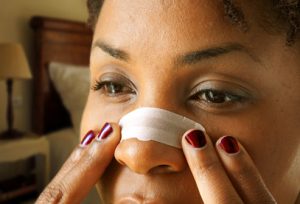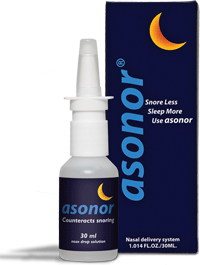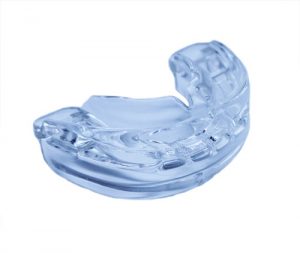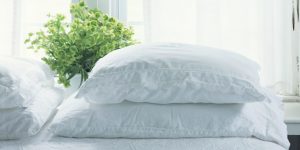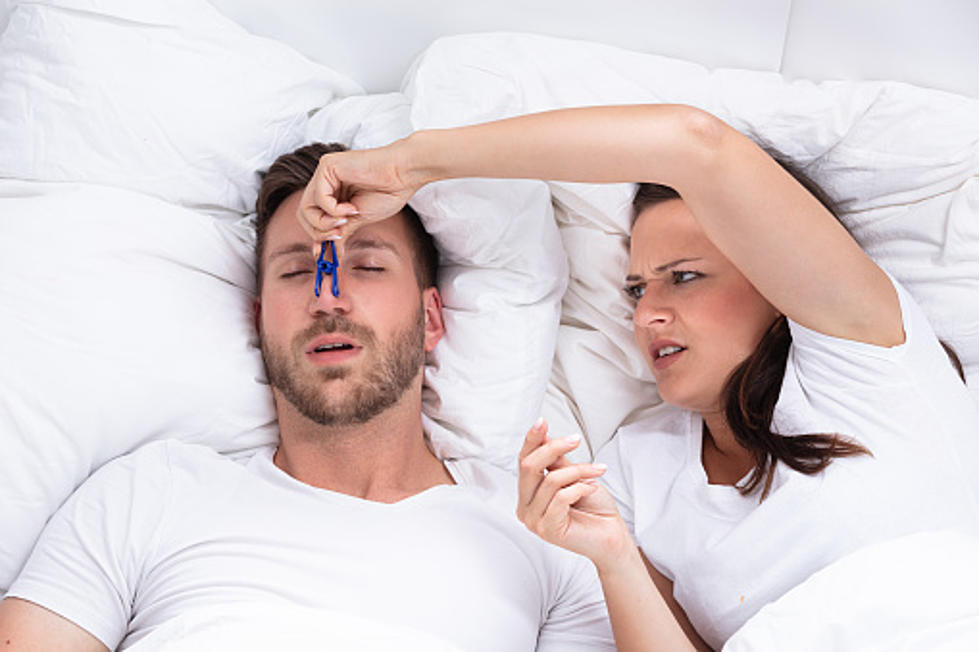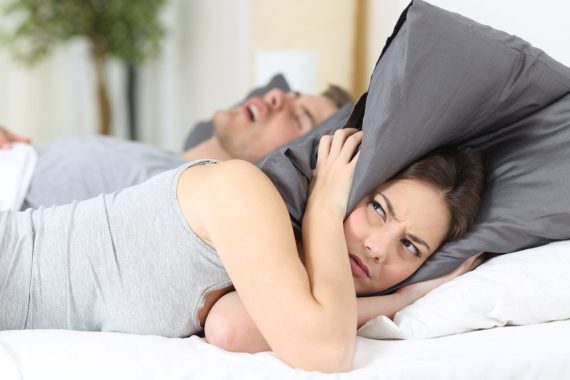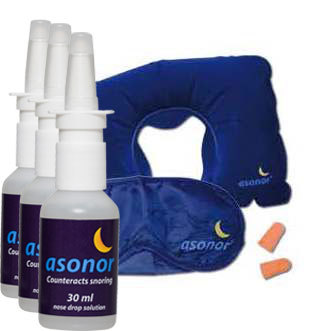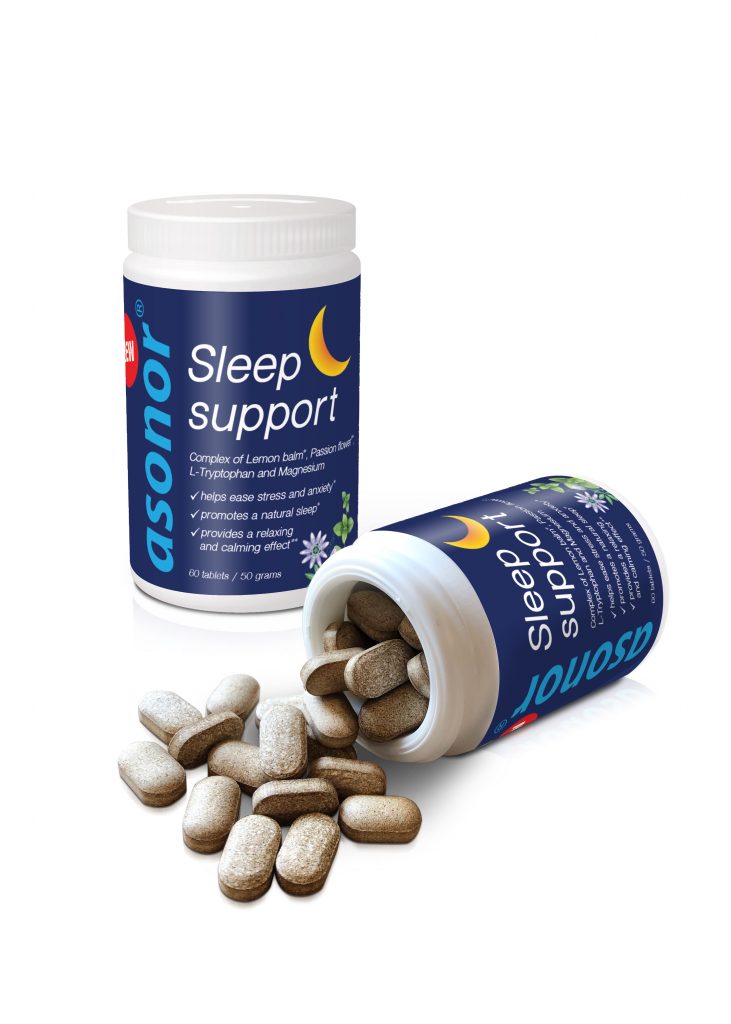Types of Anti Snore Devices Available
The sound of turbulence and resistance in the upper airway is referred to as snoring which is contrary to the belief that it is the nose from where the sound of snoring comes. On the other hand, it is the back of the airway, the oropharynx behind the tongue that becomes constricted when one sleeps. It creates a heavy sound which disturbs the sleep of your partner too. However, these days, there are numerous anti snore devices available over the counter and with the prescription which can help you manage snoring.
Let’s take a look at the different anti-snore devices available in the market these days-
Nasal Strips
Nasal strips are one of the most common over-the-counter snoring aids which target nasal congestion. Little snoring relief is offered by them as they open up the nostrils and make breathing an easier process. But since it is the throat where the snoring mostly originates from, only a small part of the problem is targeted by these strips.
Snore sprays
Many people opt for snore sprays as they are easy to use. Oils such as peppermint and menthol are combined with glycerine, alcohol and water to make these sprays. As soon as they are sprayed into the nose, there is a reduction in the lining of the nostrils and the person stops snoring as there is more room for breathing. However, they do not offer a pleasant after taste.
Anti-snoring mouthpieces
Commonly known as retainers, the anti-snoring mouthpieces work on the principle of opening the airway when you sleep and thus, reduce the snoring sound. The lower jaw is kept in a forward position at the time of sleeping. However, their continued usage can lead to alteration in the tooth alignment and excessive salivation. Regular follow ups with your dentist may be required if you choose to use them.
Anti-snoring pillows
The anti-snoring pillows are non-invasive aids specifically designed to support the neck in a specific position which helps in keeping the throat airways open. By reducing the constriction, it creates an optimal breathing alignment.
Snoring chin straps
The chin straps hold your mouth in a closed position at the time of sleeping in a way to promote passage of air through the nose, thus reducing snoring considerably.
While selecting an anti snore device, you must check the comfort factor. You would be unable to use the device for a long duration if it is not comfortable. You must also check if your chosen device comes in different sizes. There is no need to worry if a ‘one size fits all’. Most of them are ready to use as soon as you open the box.
Do Anti Snore Devices Work for Everyone?
Though anti-snoring devices are quite effective, but may not work as effectively for everyone, as individual’s underlying cause for snoring can differ. Mouth pieces, chins traps, nasal strips are helpful in reducing snoring, but the efficiency varies depending upon sleeping position, weight, anatomy and the underlying health issues. It is important to consult with a doctor to get the right diagnosis on the underlying health condition and then select the best anti-snoring device.
Pros and Cons of Using Anti Snore Devices
The aim of the anti-snoring devices is to help reduce snoring by ensuring that the nasal airways are open, in a non-invasive method. That helps you breathe better and improves sleep quality. Conversely, there are cons of using anti-snore devices such as dry mouth, jaw pain, overall discomfort and even difficulty adjusting to it when asleep. Oftentimes, these expensive devices are not effective for severe snoring or sleep apnea. Thus, it is important to talk with a doctor and find the right anti-snoring device or other treatments.
Tips for Choosing the Right Snoring Solution
To identify the best anti-snoring solution, you will need to identify the underlying cause of snoring. Whether it is due to sleep apnea, nasal congestion, allergies or wrong sleeping position, you need to find the right snoring solution to stop snoring. You can consider humidifiers, nasal strips, anti-snoring pillows and nasal sprays for mild to moderate snoring. Incorporating lifestyle changes such as side sleeping, losing weight and quitting smoking and alcohol can help.
Conclusion
By targeting the root cause of snoring, anti-snoring devices address the airway obstructions when you are asleep. Whether it is about repositioning the jaw or tongue, remove nasal congestion, encourage normal breathing, anti-snoring devices help. These oral appliances help to reduce the intense vibrations that lead to snoring, helping you get the restful sleep and improves breathing. Though mild to moderate snoring is alleviated with these devices, individuals with sleep apnea require CPAP machines. However, the benefit is that these are non-invasive, effective devices to stop snoring.

